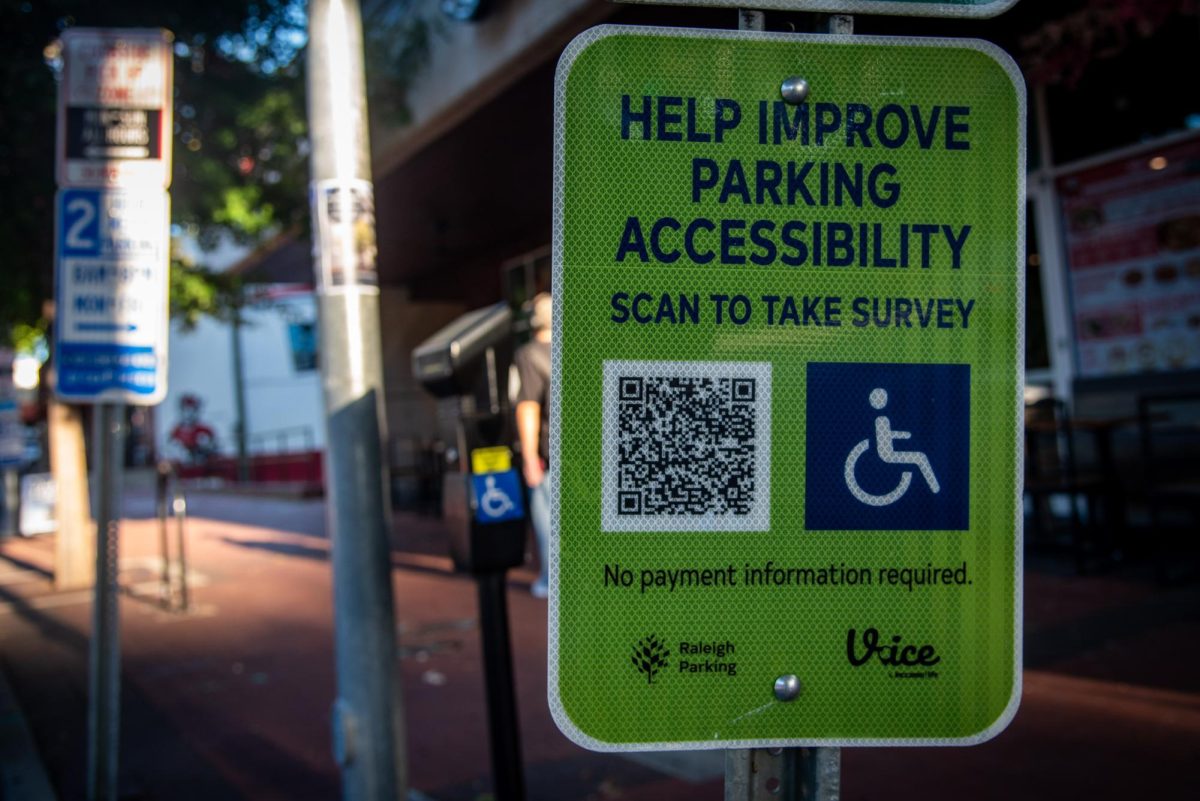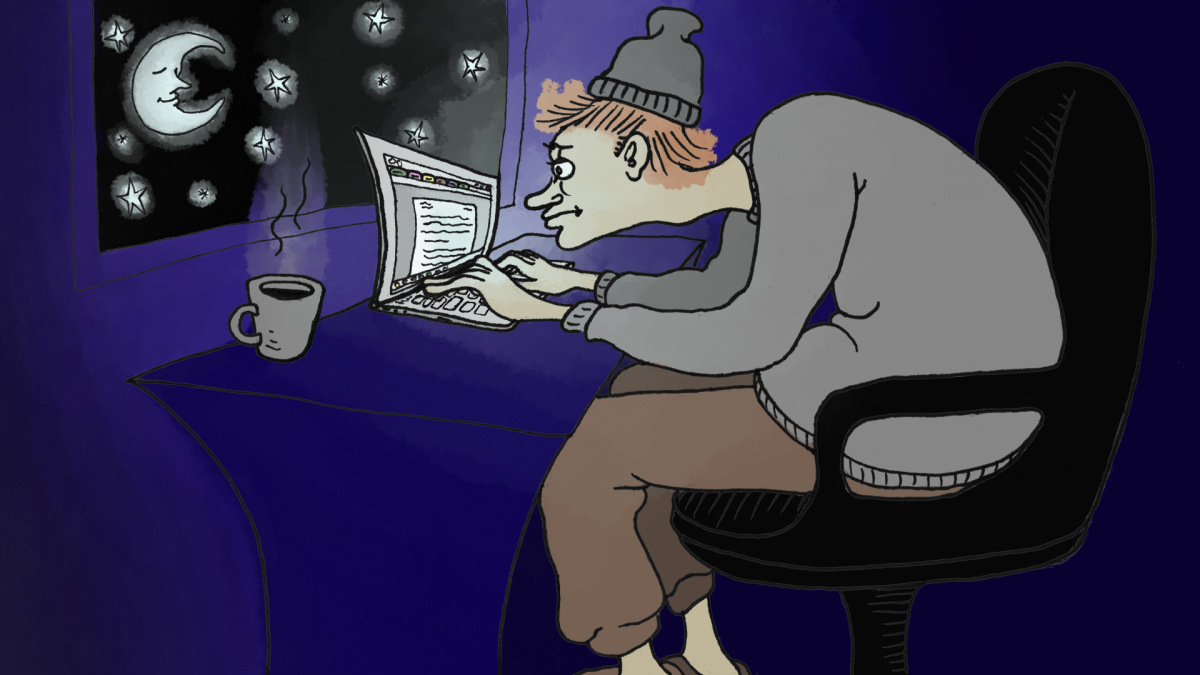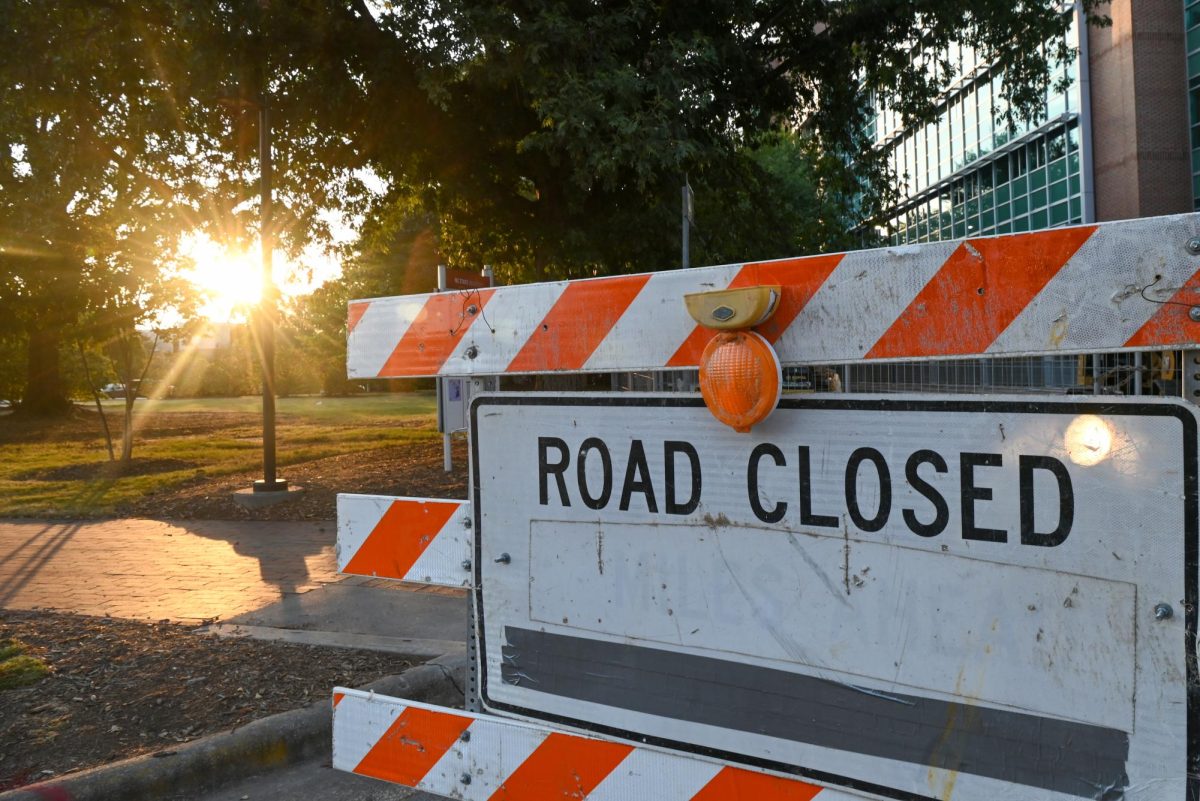Iowa and New Hampshire are two of the smallest states in the union, yet every four years they become the center of the Presidential election for a few months during the primary season. Their size is their advantage because the citizens of these two states have embraced their role in the American Presidential election and serve as a litmus test for the rest of the nation.
In these primary elections money isn’t as big an issue as a candidate’s ability to appeal to the voters. In Iowa and New Hampshire commercials and “robocalls” don’t have nearly the same effect as they may in the larger states because the citizens in these states literally have dozens of opportunities to listen to candidates at rallies, debates and even meet the candidates in person.
Before December, Mike Huckabee was a Republican afterthought, but he was propelled to the top of the polls by the Iowa caucus without the help of the tens of millions of dollars his competitors spent.
John McCain, the distinguished Senator and Vietnam veteran, had his back to the wall this summer. Despite his initial lagging in fundraising and in the polls he was able to capture the New Hampshire primary over better funded candidates because of this election’s personal nature.
Citizens have the ability to form an opinion of a candidate based on their character rather than on their ability to raise money and spend it on mass media.
This system is good for our electoral system. It dulls the effect of soft money and large donations and puts the power of democracy back in the hands of the voters and grassroots activists.
Unfortunately, some people are complaining that using Iowa and New Hampshire as the first two presidential tests is a bad idea because they don’t serve as a good representation of the United States.
Regardless of the critics, the citizens of these two states have embraced their role and honed their ability to judge the character and endurance of a candidate. Primary season is a well calculated marathon, not a sprint, and each state involved in these elections is intended to test a candidate’s ability to individually appeal to separate demographics of the United States.
Next up is South Carolina, a heavily black and southern state and then Nevada, a state with a large Hispanic population. Our primary system is a tried and true method of testing candidates and an American tradition unlike any other in the world. Overall, it’s good for the parties, its good for the candidates and it’s good for our democracy.
Share your thoughts about the Presidential Primary Elections. Email [email protected]





